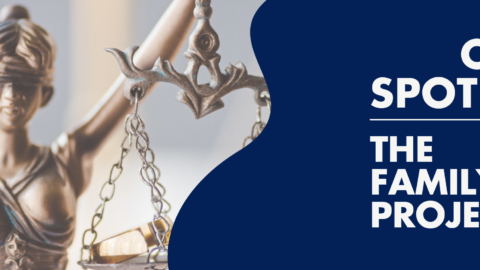
Paul Anka, the ’50s pop star who rose to fame with such hits as “Put Your Head on My Shoulder” and “Lonely Boy,” and who penned one of Frank Sinatra’s biggest hits, “My Way,” definitely had it his way in his custody battle.
This past summer, a Ventura County family court awarded 75-year-old Anka sole legal and physical custody of his son, Ethan, age 11. Ethan’s mother, former Miss Sweden, Anna Åberg, age 46, was denied her requests for visitation or reunification therapy with the boy. The judge found that Ethan had become so deeply estranged from his mother that forcing him to interact with her was “doomed to failure.” The judge said that Ethan had developed “an intense dislike of his mother,” and that therapy involving “substantial” contact had “the potential for being a disaster.” The judge ordered that visitation will only occur upon the agreement of the parties.
Åberg is appealing the Court’s order, alleging that Anka succeeded in a campaign to alienate her from their son, and even the court-appointed child custody evaluator reported “[t]he elephant in the living room is parent alienation.” Nonetheless, the court held that Ethan’s stated preference to not see his mother was currently in his best interest.
Pursuant to Family Code Section 3040, the court has the “widest discretion to choose a parenting plan that is in the best interest of the child.” See section (a). Section 3040 specifically refers back to Section 3020, which states “[t]he Legislature finds and declares that it is the public policy of this state to assure that children have frequent and continuing contact with both parents . . . except where the contact would not be in the best interest of the child.”
Parental alienation, though frequently alleged, is not well documented in California case law. The Court of Appeals in Steiner v. Hosseini (2004) referred to a trial court’s decision as “well within reason” to award sole custody of the younger son to the father and sole custody of the older son to the mother. The mother had apparently “poisoned” the older son against the father, and the court found that giving the father sole custody of the younger son was “perhaps the only way to prevent that kind of alienation from occurring.” Id. 117 Cal.App.4th 519, 529. Åberg will have to show that the trial court abused its discretion in awarding Anka sole custody if it also found that Anka may have “poisoned” their son against her. Given the lack of case law supporting the court’s decision, this time Åberg may have it her way.
About the authors:
Sarah Van Voorhis and Ariel Sosna, both Certified Family Law Specialists, are founding partners of Van Voorhis & Sosna. Follow them on Twitter at @VanVoorhisSosna.



